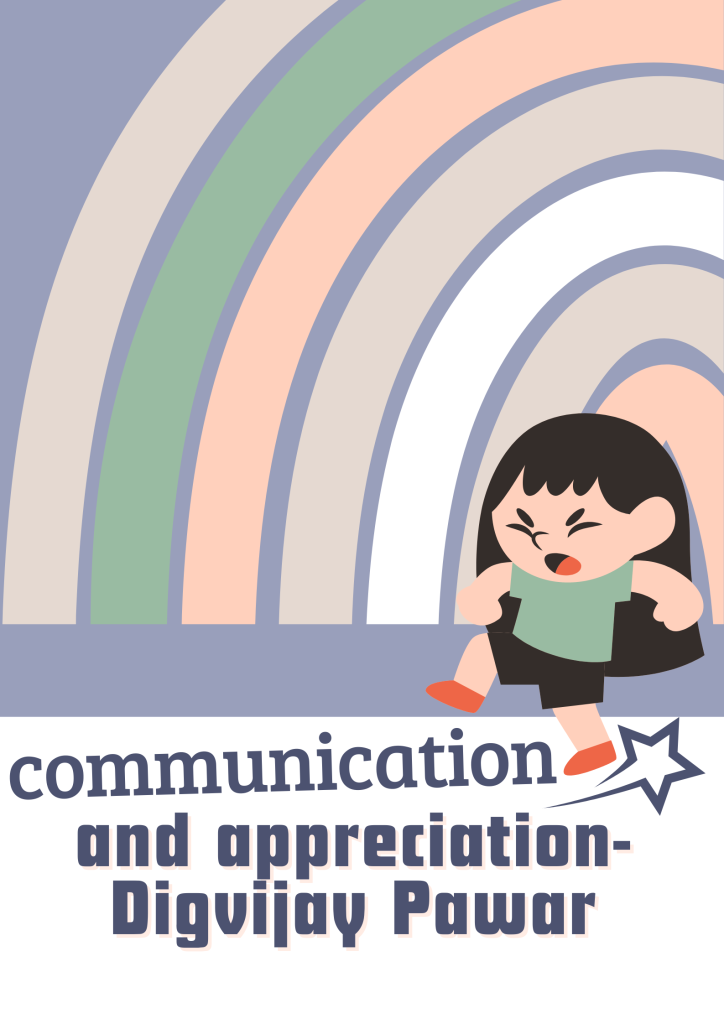
Communication and appreciation
Esseen tyyppi: Yksilöessee / 2 esseepistettä.
KIRJALÄHTEET
| KIRJA | KIRJAILIJA |
|---|---|
|
How to Win Friends and Influence People |
Introduction
“Don’t criticize them; they are just what we would be under similar circumstances”- Lincoln (Carnegie 1936, 14). This essay aims to make the readers understand the value of appreciation over criticism from the book How to win friends and influence people. Chapter 2 of the book is one of the best written pieces of work I ever read, it is also related to how my team in Proakatemia uses appreciation for our team members.
Team leaders and business owners will find this chapter eye-opening as it illustrates why praise is more powerful than criticism. As team leaders, it is our constant goal to push our teammates and ensure that they are giving it their all. Nevertheless, whether we criticize people consciously or unconsciously in the hopes that it would change their behavior or abilities, the author holds the exact opposite view. The author thinks that rather than improving the relationship, criticism will simply make things worse. Rather, it will be more effective to show each other appreciation and instill confidence in their abilities, which will lead to things happening.
The appropriate way to express appreciation:
As team leaders, we frequently use instructions to assert our authority and express our concerns. Indeed! Fear of losing the money or the job will temporarily make things work. For example, if you give your team members with authority a task, they will complete it as long as you are there; after you leave, the job will stop. How should we proceed? Express your worries gently. Humans tend to resist, even if it’s for their own benefit. How many times have you defied your parents even after they’ve told you not to? The reason is that authority is used instead of soft concerns. Say the parents ask you, “Why are you doing this?” Do you think you would suffer injury? Are you aware of potential consequences of doing this?. (Carnegie 1936, 14.) Expressing your problems to them with love and respect, as opposed to dictating to them, will undoubtedly lead you somewhere lasting.
The hunger of appreciation:
In addition to giving, it their all, team members look to others for validation when they perform well. For them, it serves as motivation. When you feel valued for your nice deeds, you’ll want to repeat them more frequently (Carnegie 1936, 14). For example, at one of my team’s Paja sessions, the Paja host requested that we each mention one positive thing about each person seated in the room. Thus, it all began with me. Everyone on my team found joy in my humour, intelligence, and other qualities, which meant a great deal to me. Why? A need for appreciation. You don’t often get recognized for your excellent deeds, therefore for that reason, I felt more a part of my team, Reason? recognition. I realized that my efforts are being observed as everyone else did, and I imagine this is how everyone else felt when they received recognition.
Reflection
Being in a team cooperative has given me an opportunity to understand how people act and communicate in different situations. To my own understanding and experience I have seen people being emotional and very authoritative regarding topics which did not need those elements in specific. The way you express your concerns, opinions and suggestions has a huge impact on the team and your own image within the team. The same implies in the subject of appreciation as people take leadership roles in the team they should not feel a burden or should not face any kind of improper criticism as this might make them regret taking the leadership role. All the team members including team leaders should be appreciated time to time and should get a feedback but in a more encouraging format.
Conclusion
It’s not going to be of any harm if we appreciate our team members once in a while. It might be a small thing for us but the person on the receiving end would remember it for a long time. People might not show it but are seeking appreciation. once they get it from you, you would see better results in terms of productivity and team work.
References
Carnegie, D, 1936. How to win friends and influence people. Revised edition. 1230 Avenue New York: Simon and Schuster.



